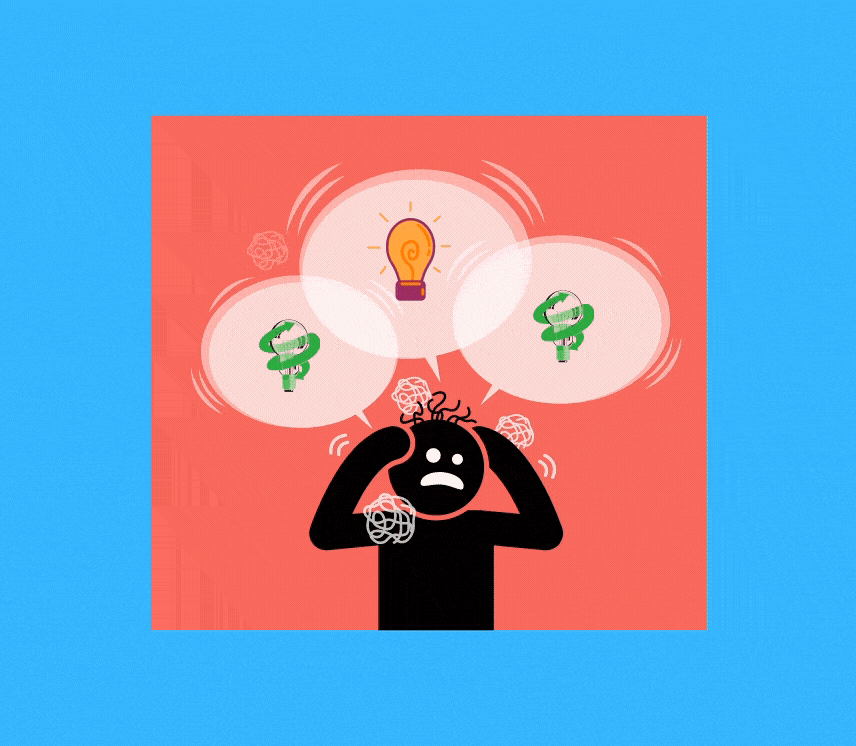Let’s talk sustainability in sports. The sports industry, a billion dollar machine once immune to recession, is now at a screeching halt. Teams, cities and states are scrambling to get fans back in stadiums.
As we are seeing first-hand, the sports industry had minimal recourse when global events were cancelled. Thousands of people are now jobless – and many resources have been wasted.
As bad as this all might sound, history shows how the best industry changes occur in response to financial turmoil. The unprecedented stress placed on the sports world will inevitably drive an institutional-level change. Who knows, it might even revolutionize sports into a sustainable industry.
Creating a sustainable culture
The term ‘sustainability’ is often misrepresented.
Recycling doesn’t make an organization sustainable. Rather, sustainability in business requires a major shift in thinking. Companies need to consider the impact of operations on the surrounding environment and community.
We should expect to see sports clubs creating emergency employee funding to avoid the negative press and loss of fan loyalty. These changes will create financial protection that keep staff members financially stable. It can trickle income into the local economy, and it can also support the larger community.
Sports organizations that focus on reserving money to protect staff and players will be praised. This can pressure other clubs to follow suit.
Moving to meat alternatives
The world should expect an emphasis on food quality and souricng, particularly with meat offerings in sports venues. COVID-19 presents a unique opportunity for plant-based meats and other alternatives to enter the scene. Sports venues rightfully developed a reputation for providing mediocre food options. Social pressure for healthier options can spark improvement.
In China, one of the leading producers and consumers of meat, there is an unprecedented rise in plant based protein and alternative milks since the COVID-19 outbreak. Concerned about their food, citizens are considering the risks of what they put into their body with every bite.
With the spectre of worldwide meat shortages, plant based proteins seem increasingly attractive.They have reduced risk of carrying infectious diseases to humans. This will inevitably lead to stadiums meeting demand and cutting costs with the switch to more plant-based.
According to a study by the University of Michigan, the Beyond Burger generates 90% less greenhouse gas emissions. Further, it has 99% less impact on water scarcity, and 93% less impact on land use than a standard quarter pound of U.S. beef. Phasing out high amounts of energy and massive land degradation can improve operations.
Sports can be a force for sustainability
“Sport has the power to change the world,” declared Nelson Mandela in his famous speech at the first Laureus World Sports Awards in Monaco in 2000.
It also has the power to stimulate sustainability around the world.
Before COVID-19, we already saw signs that the sports world had increasingly incorporated sustainability. In Amsterdam, Ajax found a way to sustainably replace the 53,000 seats at its famous Johan Cruyff Stadium. The Tokyo Olympics, now scheduled to take place in 2021, will seek to become the most sustainable Olympics ever held. The 2024 Paris Olympic has a similar aim.
Changes for the future
Along with the significant change that will occur internally within sports organizations the world over, clubs will need to adjust the in-person fan experience. Improved HVAC technology and design will reduce air pollutants and filter bacteria, all while increasing energy efficiency and lowering costs.
Fans will also become more cognizant of waste disposal to prevent spread of bacteria. This can lead to cleaner facilities without any prodding to practice good hygiene.
As it stands, this downtime can be used to devise a systems thinking approach to sports and sustainability. We can solve complex dilemmas facing sports while stimulating coordination and cooperation. How? If we can’t figure that out now, when will we?
COVID-19 will empower the sport industry to make system-wide strides in sustainability and safety. We must recognize how business may never truly return to normal.
The COVID craze offers fans a rare opportunity to play a role how the sports industry will change. History has revealed that human beings are capable of adapting to world changing events. Sports will reflect on this opportunity and make significant changes needed to forge ahead. Let’s prevent history from repeating itself.













No Comments